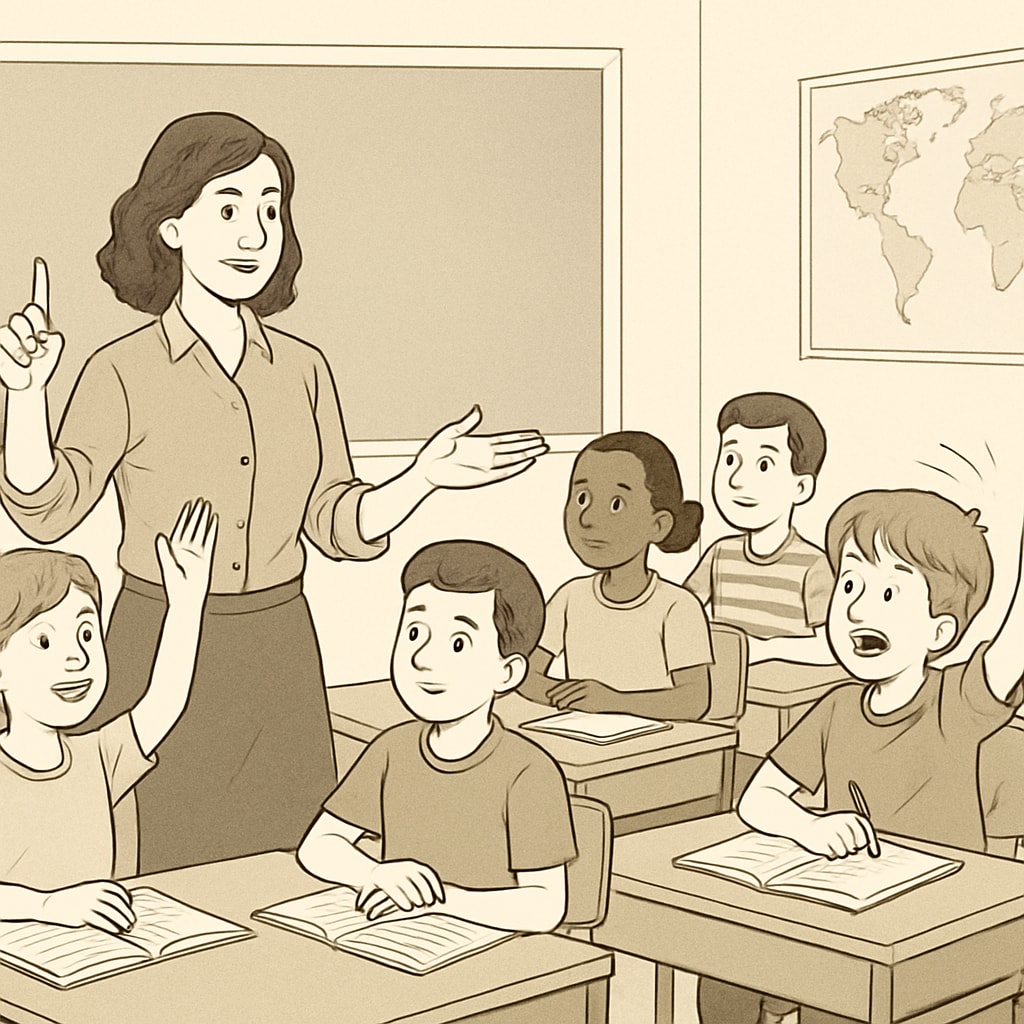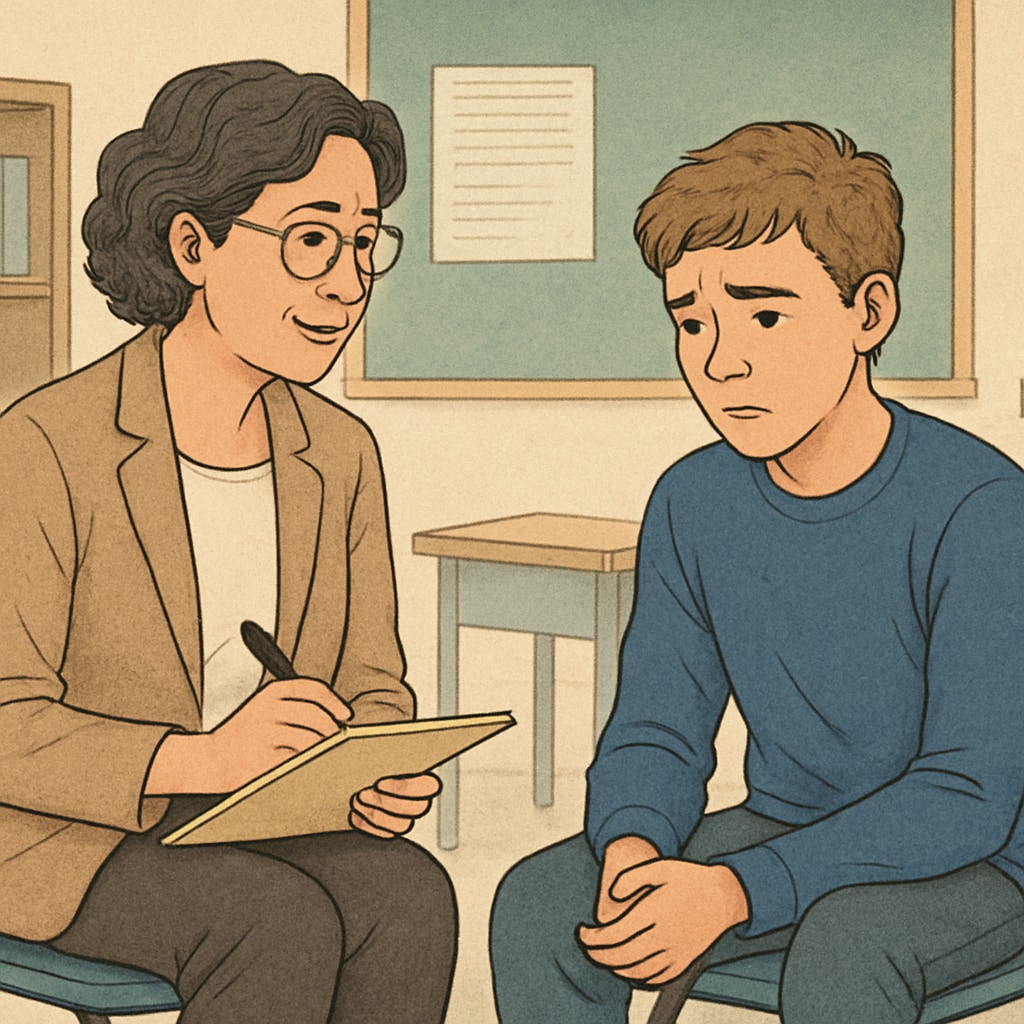Public schools often struggle with maintaining classroom order due to disruptive behaviors that hinder the learning process. To address these challenges effectively, a “willing learners first” principle could be implemented, focusing on temporarily removing students who consistently disrupt the educational environment. This approach is paired with psychological interventions and stronger parental accountability to protect the rights of the majority while providing tailored support to those exhibiting problematic behavior.

Why Classroom Order Matters in Public Schools
Classroom order is essential for fostering a productive learning environment. In public schools, where resources are often stretched thin, disruptions can have a profound impact on students’ ability to concentrate and succeed academically. Teachers frequently report feeling overwhelmed by the dual responsibilities of educating and managing behavior, leaving limited time to focus on students who are eager to learn.
For example, a study published on Britannica highlights the importance of uninterrupted learning environments for academic achievement. Disruptions not only affect the disruptive student but also interfere with the focus and progress of the entire class.
Implementing the “Willing Learners First” Principle
The “willing learners first” principle advocates prioritizing students who actively engage in their education. Under this model, students who repeatedly disrupt classroom activities would be temporarily removed from the general setting. This removal is not punitive but rather aims to create space for targeted intervention, such as psychological assessments and behavioral support programs.
- Temporary removal ensures the classroom remains conducive to learning for the majority.
- Psychological intervention addresses underlying issues contributing to disruptive behavior.
- Parental involvement encourages family accountability and better support systems at home.

Psychological Interventions and Family Accountability
Psychological intervention plays a key role in helping students who exhibit disruptive behaviors. Many such behaviors stem from underlying emotional or psychological challenges, which can be addressed through counseling or therapy. According to research published on Wikipedia, early identification and intervention for behavioral issues significantly improve outcomes for students.
Equally important is the role of families in supporting their children. Schools can work in partnership with parents to establish clear behavioral expectations and provide resources for managing difficulties at home. Parental accountability helps reinforce a consistent approach to addressing disruptions, ensuring that students receive both educational opportunities and emotional support.
Balancing Equity and Support
Critics may argue that removing disruptive students from classrooms risks alienating them or exacerbating their challenges. However, the “willing learners first” principle emphasizes temporary measures paired with robust support systems. The goal is not exclusion but rather creating an equitable learning environment for all students while addressing individual needs in a focused manner.
As a result, public schools can better serve their diverse student populations, ensuring that every child receives the education they deserve without compromising classroom order. This balanced approach protects the rights of willing learners while offering tailored help to those who need it most.
Readability guidance: This article uses short paragraphs, clear transitions, and actionable recommendations. Lists are included to summarize key points, and overuse of passive voice is avoided for clarity and engagement.


